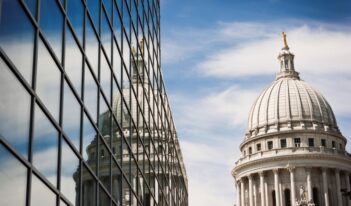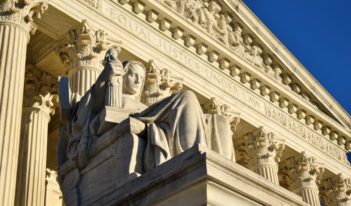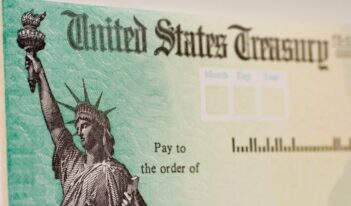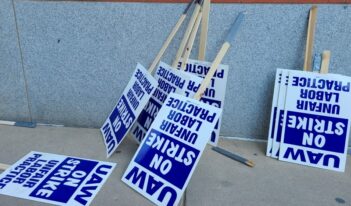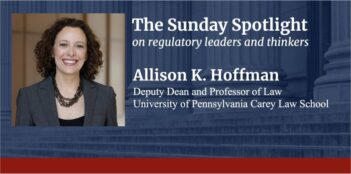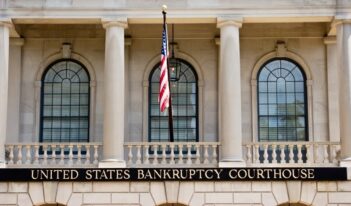Advocacy, Inc.
Scholar warns that corporate social activism might erode democratic institutions, despite possible benefits.
“Zoning” In on Affordable Housing and Climate Change
Scholars argue that relaxing zoning laws may not have the effect that policymakers intend.
Does the First Amendment Protect AI Generated Speech?
Regulating artificial intelligence disinformation could test the First Amendment’s limits.
The Supreme Court’s Self-Coronation
The U.S. Supreme Court’s current docket presents the Court with more opportunities to empower itself at the expense of other governmental institutions.
Immigrant Eligibility for Federal Benefits Programs
Scholars explore how barriers to public benefits impact noncitizens’ well-being.
Decoding Cryptocurrency Regulation
Scholars present a framework for digital asset regulation to prevent fraudulent and deceptive practices.
Reforming Labor Law to Protect U.S. Workers
Scholars argue that the best way to improve labor law is to change union election rules.
Reconnecting Regulators to the Regulated
Scholar proposes a new U.S. regulatory system that would be more accountable to the public.
Examining Health Care Equities
Allison K. Hoffman discusses the role of state ballot initiatives, federal law, and private equity in the U.S. health care system.
Should Mass Tort Victims Settle for Bankruptcy?
Scholars and commentators discuss whether mass torts belong in bankruptcy court.
The Myth of Operation Choke Point
Scholar corrects the narrative that spawned laws prohibiting banks from cutting ties with the gun industry.
The Battle Over Student Rights and Race
Scholar suggests that public school students have a right to receive critical race theory education.

